Hi there, pet lovers! 🦎
Today, we’re diving into the fascinating world of Mountain Horned Dragons. These arboreal reptiles are captivating pets, known for their exotic appearance and peaceful demeanor. But are they the right choice for your reptile collection? Let’s explore the ins and outs of caring for these unique dragons and see how they measure up in our review categories.
Overview
Mountain Horned Dragons (Acanthosaura spp.) are arboreal lizards native to the humid, forested regions of Southeast Asia, including countries like Thailand, Malaysia, and Indonesia. They are known for their striking appearance, featuring prominent eye horns, spiky crests along their necks, and large, expressive eyes. These adaptations help them thrive in their natural habitat, where they spend much of their time climbing trees and hunting insects. While they are not as commonly kept as some other reptiles, their unique look and fascinating behaviors make them a standout choice for experienced reptile enthusiasts.
Here’s a quick summary of what makes them stand out:
- Handling and Temperament: Generally calm but shy; not ideal for frequent handling.
- Care and Maintenance: Moderate to high; requires specific humidity, temperature, and enclosure setup.
- Health and Durability: Sensitive to environmental changes; captive-bred individuals are hardier.
- Availability: Less common; captive-bred specimens are recommended.
- Cost: Affordable to purchase but requires a significant initial setup investment.
- Overall: A unique and rewarding pet for experienced reptile keepers.
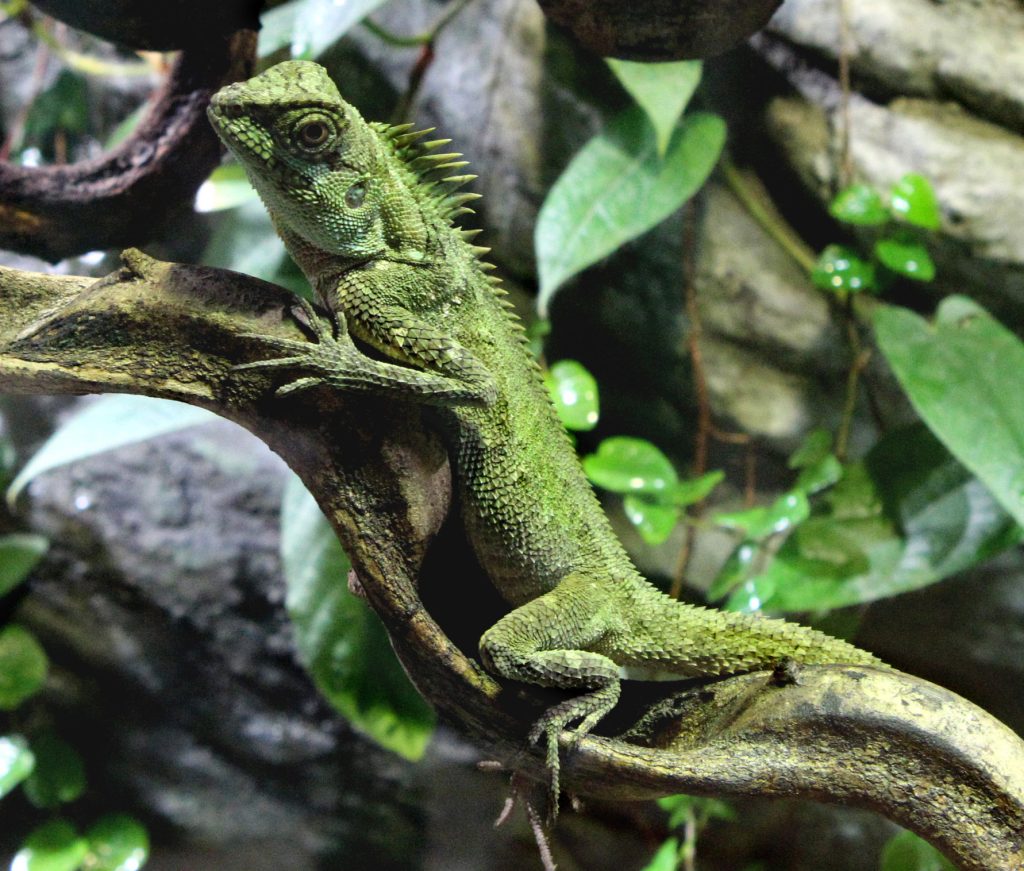
Why Choose a Mountain Horned Dragon?
Mountain Horned Dragons are ideal for reptile enthusiasts who enjoy observing natural behaviors in a beautifully designed enclosure. Their exotic appearance, with spiky crests and large, expressive eyes, makes them a standout addition to any reptile collection. While they are not as interactive as some other lizards, their calm demeanor and fascinating habits make them a joy to watch.
These dragons are best suited for experienced keepers who can provide the specialized care they require. Their sensitivity to environmental changes and specific habitat needs make them less ideal for beginners. However, for those willing to invest the time and effort, Mountain Horned Dragons can be a truly captivating pet.
Handling and Temperament
Mountain Horned Dragons are generally calm and gentle, but they are not the most handleable reptiles. They are naturally shy and can become stressed with frequent handling. While they may tolerate short, gentle interactions, they thrive best when left to explore their enclosure undisturbed.
Personality Variations
- Some individuals may be more relaxed and tolerate handling better than others.
- Wild-caught dragons are often more skittish and stressed compared to captive-bred ones.
Handling Tips
- Handle them gently and infrequently to minimize stress.
- Avoid sudden movements or loud noises, as these can startle them.
- Be cautious when handling near their tails, as they may drop them if stressed (though this is rare).
Biting
- Mountain Horned Dragons rarely bite, and if they do, it’s usually a small, harmless nip. They are not aggressive by nature and prefer to avoid confrontation.
Overall, these dragons are best appreciated as display animals rather than hands-on pets. Their calm demeanor and unique behaviors make them a joy to observe, even if they aren’t the most interactive reptiles.
Care and Maintenance
Mountain Horned Dragons have specific care requirements that must be met to ensure their health and well-being. Their natural habitat is the humid, forested regions of Southeast Asia, and replicating this environment is essential.
Enclosure Setup
- Size: A vertical enclosure is a must, as these dragons are arboreal. A 36x18x36-inch terrarium is suitable for one adult.
- Climbing Space: Provide plenty of branches, vines, and foliage for climbing and hiding.
- Substrate: Use a moisture-retentive substrate like coconut fiber or sphagnum moss to maintain humidity.
- Hiding Spots: Include multiple hiding spots to help them feel secure.
Humidity and Temperature
- Humidity: Maintain humidity levels between 70% and 80%. Mist the enclosure 2-3 times daily or use an automatic misting system.
- Temperature: Provide a basking spot of 85°F (29°C) and a cooler area around 75°F (24°C). Avoid temperatures above 80°F (27°C) for extended periods.
Feeding
- Diet: Mountain Horned Dragons are insectivores and thrive on a diet of live insects such as crickets, dubia roaches, and mealworms.
- Supplements: Dust their food with calcium and multivitamin supplements to prevent nutritional deficiencies.
- Feeding Schedule: Offer food daily for juveniles and every other day for adults.
Lighting
- Provide UVB lighting to support their bone health and overall well-being. Replace UVB bulbs every 6-12 months to ensure effectiveness.
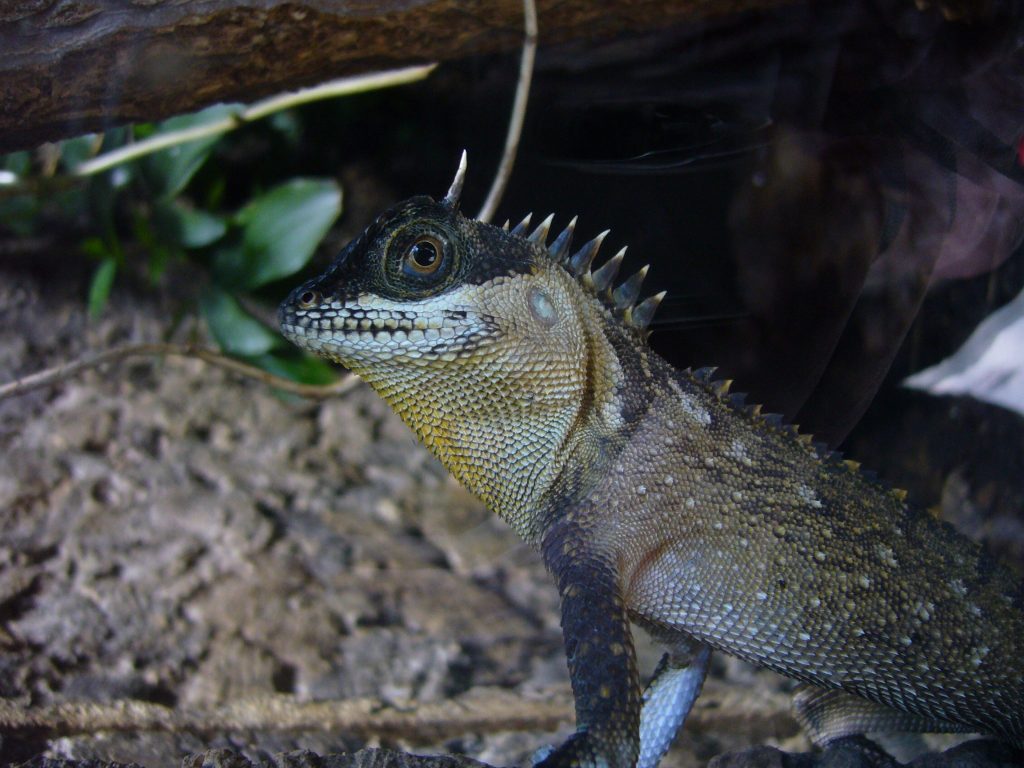
Health and Durability
Mountain Horned Dragons can be hardy when provided with proper care, but they are sensitive to environmental changes and stress. Captive-bred individuals tend to be healthier and more adaptable than wild-caught ones.
Common Health Issues
- Dehydration: Caused by insufficient humidity or lack of access to water.
- Respiratory Infections: Often due to excessive humidity or poor ventilation.
- Parasites: Wild-caught dragons are particularly prone to internal and external parasites.
Preventative Care
- Maintain proper humidity and temperature levels.
- Provide a clean and well-ventilated enclosure.
- Schedule regular veterinary check-ups, especially for wild-caught individuals.
With proper care, Mountain Horned Dragons can live 8-10 years, making them a long-term commitment for dedicated keepers.
Availability and Cost
Mountain Horned Dragons are not as widely available as some other reptiles, and finding captive-bred specimens can be challenging. Wild-caught dragons are more common but come with additional health risks and ethical concerns.
Where to Buy
- Breeders: The best option for healthy, captive-bred dragons.
- Reptile Expos: A good place to meet breeders and see dragons in person.
- Pet Stores: Less ideal, as they often sell wild-caught individuals.
Cost
- Dragon Price: $50 to $100 for captive-bred dragons; wild-caught individuals may be cheaper but are not recommended.
- Setup Cost: $200 to $400 for a proper enclosure, lighting, and accessories.
Pros and Cons
Pros
- Exotic and striking appearance.
- Calm and gentle demeanor.
- Fascinating natural behaviors.
- Relatively affordable to purchase.
Cons
- Sensitive to environmental changes.
- Requires high humidity and specific temperature ranges.
- Not ideal for frequent handling.
- Captive-bred individuals can be hard to find.
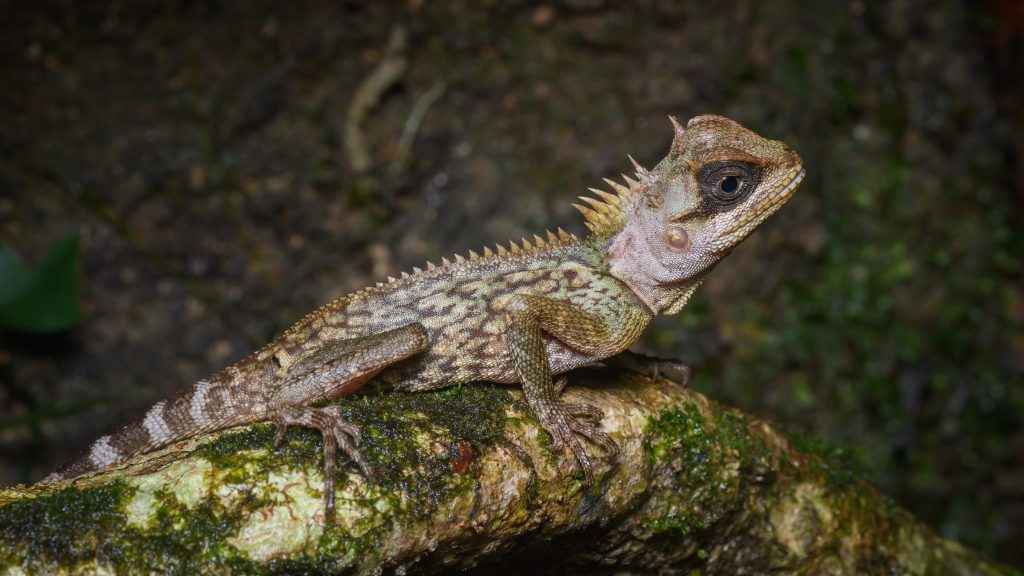
Final Thoughts
Mountain Horned Dragons are a unique and rewarding choice for experienced reptile keepers who can meet their specialized care needs. Their exotic appearance and calm demeanor make them a standout addition to any reptile collection, though they are best appreciated as display animals rather than hands-on pets.
If you’re considering a Mountain Horned Dragon, we highly recommend seeking out a reputable breeder to ensure you get a healthy, captive-bred individual. With proper care and attention, these fascinating dragons can thrive and bring joy to your home for many years.
Have you owned a Mountain Horned Dragon? Share your experiences and tips in the comments below! We’d love to hear how you care for your lizard and what makes them special to you.
For more reptile care tips and reviews, stay tuned to our blog and don’t forget to subscribe to our newsletter! 🦎

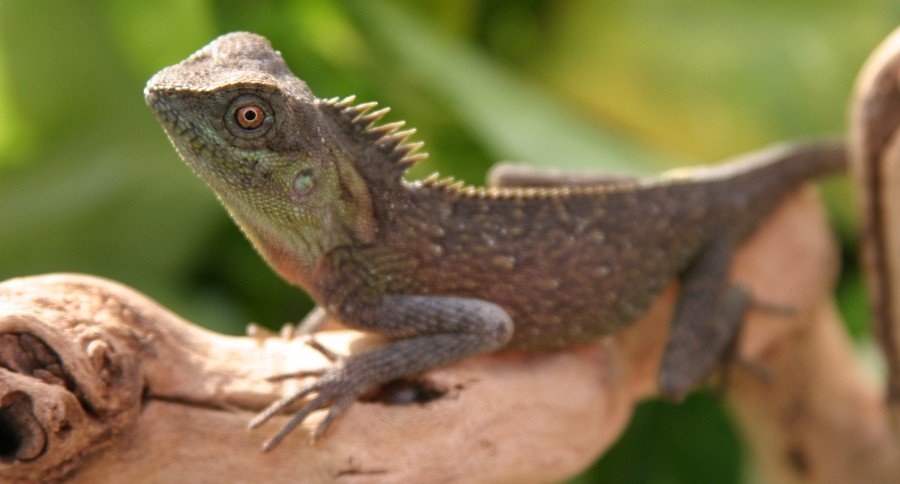

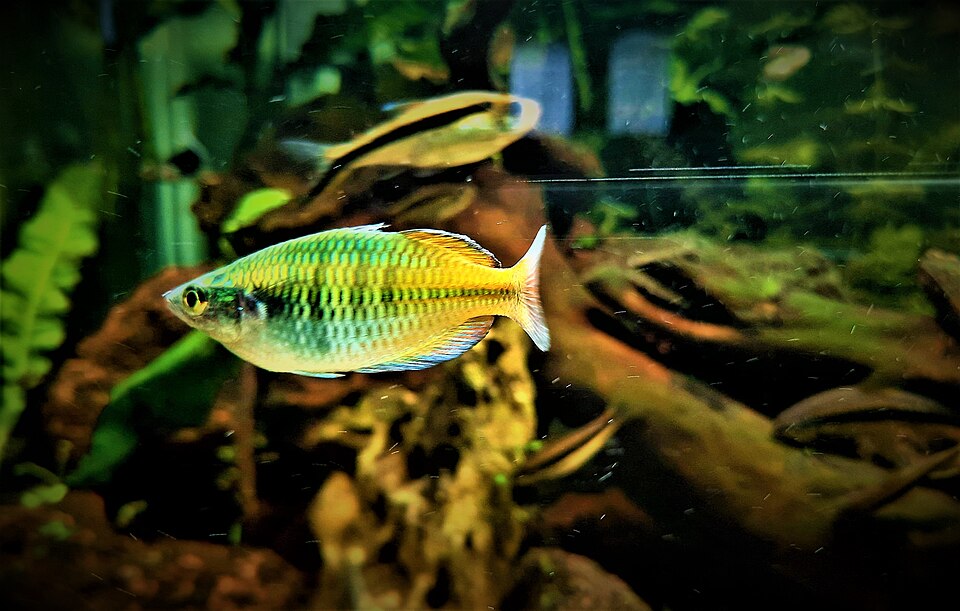
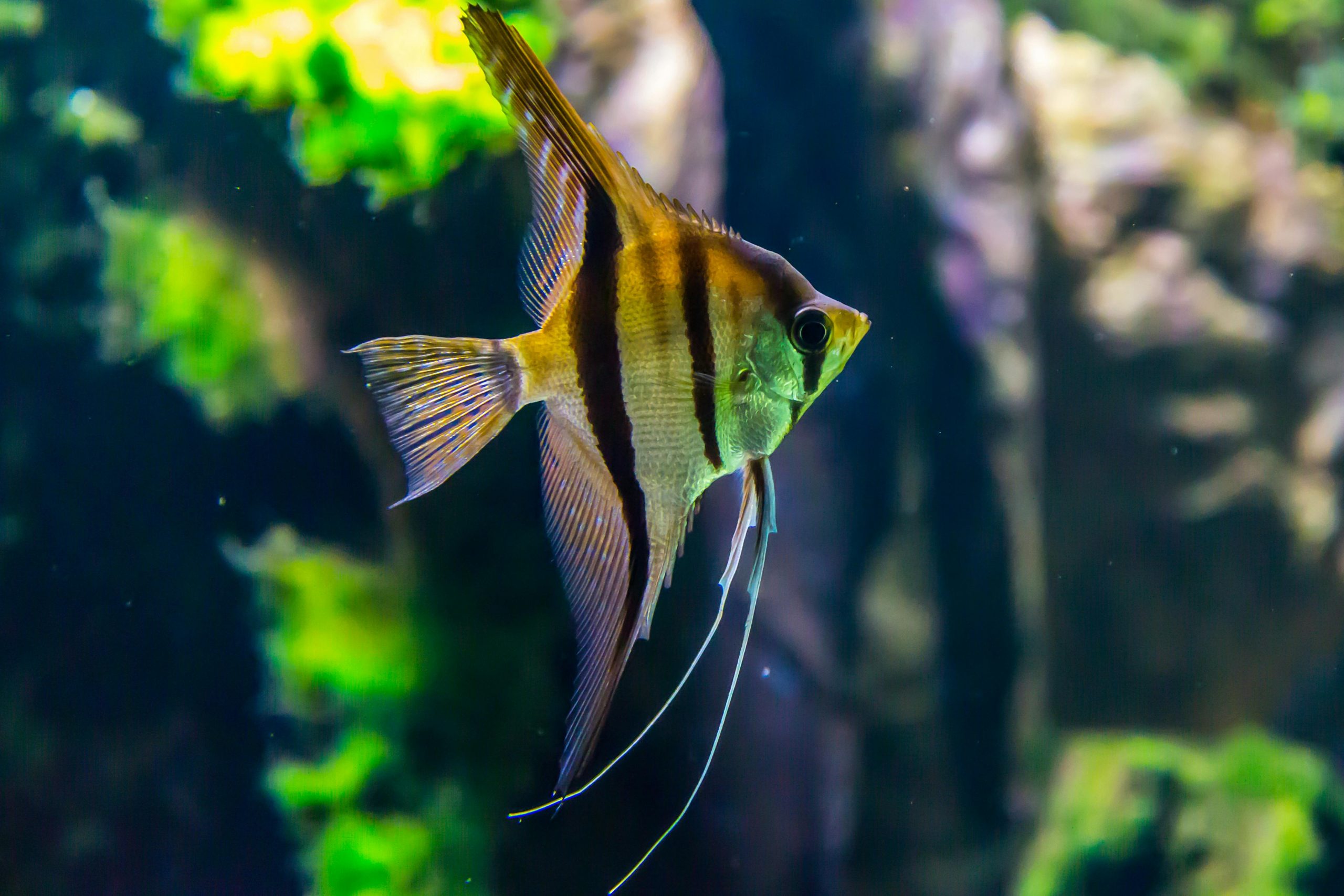
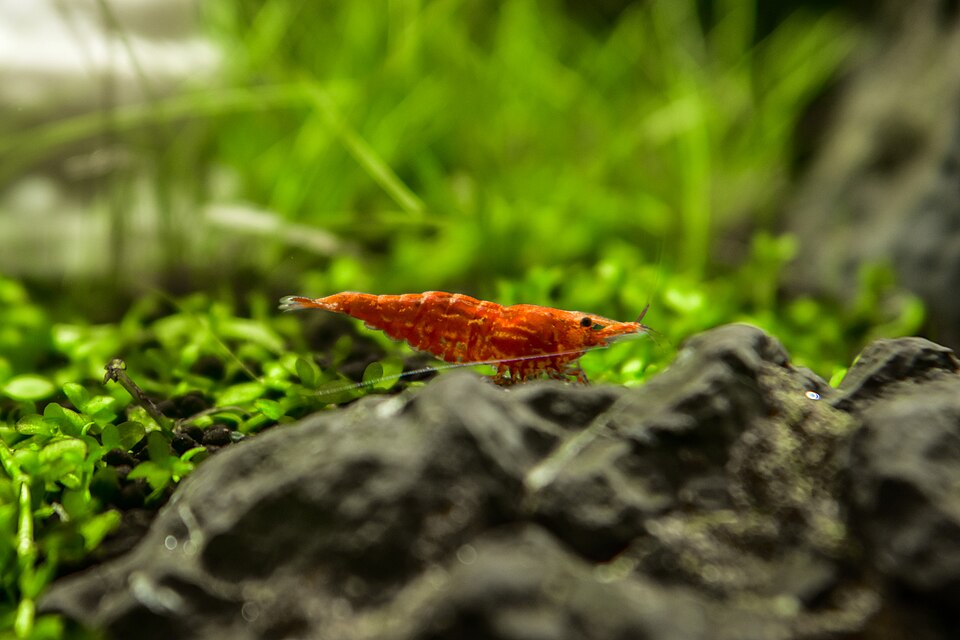

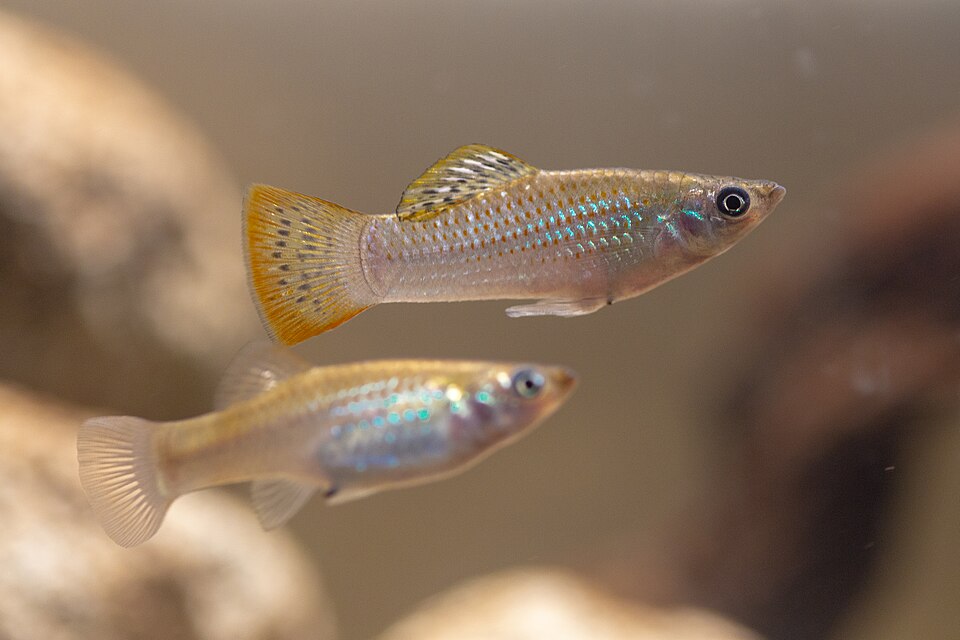
Leave a Reply